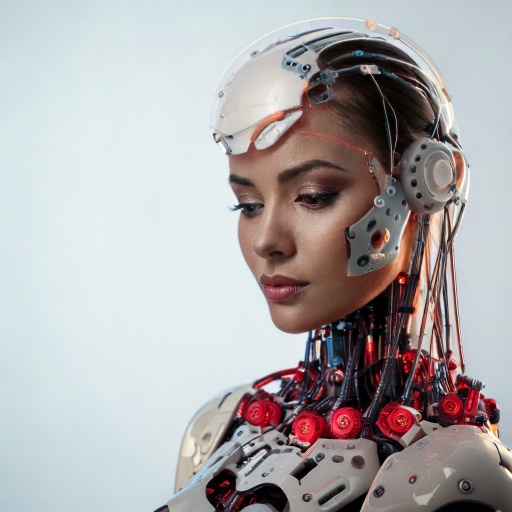When AI Employees Get ‘Pregnant’: The Curious Tale of a Fake Robot Gestation

A Viral Tale Unveiled
Last week (August 2025), a sensational story erupted online claiming that a Chinese company, Kaiwa Technology, had developed AI Employee–style humanoid robots capable of carrying and giving birth to human babies. The buzz centered around a figure named Zhang Qifeng, described as either a CEO or PhD affiliated with Singapore’s Nanyang Technological University (NTU), promising a prototype debut by 2026 priced under 100,000 yuan (~US $13,900) . However, the news quickly unraveled: major outlets—including Newsweek, The Economic Times, and ChosunBiz—cited Chinese sources like Kuai Ke Zhi, but NTU flatly denied any association with Zhang; no such person or research has been recorded . In short, this story of Non-Human Workers birthing babies was confirmed as a full-blown fake.
Why the Lie Matters—and What’s Real
Although the Voice AI Agents version of “pregnant robots” is fictional, the notion taps into genuine scientific curiosity. Artificial womb research has achieved partial success—for instance, researchers at the Children’s Hospital of Philadelphia sustained a premature lamb via a “biobag,” an external artificial womb filled with fluid and nutrient tubes . Nevertheless, achieving full-term robotic gestation raises immense obstacles: managing fertilization, implantation, immune development, infection control, birth mechanics, and ethical boundaries remain technical and moral frontiers .

Implications and Ethical Reflection
This episode matters for several reasons:
- It highlights how quickly sensational AI Employee stories can grip the public—especially when couched in emerging technologies like Voice AI Agents.
- It underscores the importance of fact-checking: even reputable outlets can amplify hoaxes if sources aren’t verified.
- It opens space for vital debates about Non-Human Workers in deeply human roles—should we even pursue artificial gestation when so many ethical, psychological, and societal dimensions remain unaddressed?
Researchers caution this concept remains in the realm of science fiction. As one expert quipped, while the idea is intellectually intriguing, “my answer would be categorically ‘no’” when it comes to actually pursuing robotic pregnancy .
Key Highlights:
- Timing & Source: The story broke in late August 2025 but was soon debunked as fake news.
- Main Claim: Kaiwa Technology’s Zhang Qifeng claimed to develop humanoid pregnancy robots at low cost.
- Fact-Check: NTU denied Zhang’s affiliation; no evidence supports any such research.
- Real Science: Artificial wombs like the “biobag” exist, but only support premature infants—not full gestation.
- Challenges: Major biological and ethical barriers make full-term robot pregnancy implausible today.
- Significance: The hoax raises critical issues about reality, sensationalism, and the limits of technology in human-only domains.
Reference:
https://itc.ua/en/news/pregnant-chinese-robots-turned-out-to-be-a-fake-are-they-possible-at-all/amp/


